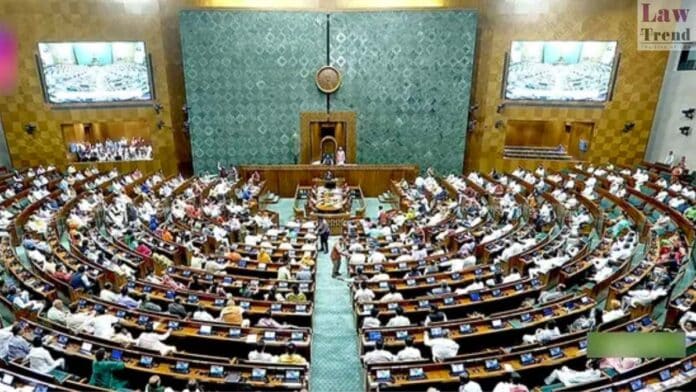In a significant overhaul, the Central government is poised to introduce changes to the Waqf Act, aiming to redefine the governance of Waqf properties and enhance the representation of women on the board, according to official sources. The Union Cabinet recently green-lighted around 40 amendments to the act, signaling a comprehensive reform initiative.
The proposed amendments are designed to ensure a robust verification process for property claims by Waqf Boards. “Claims on properties made by Waqf Boards will undergo mandatory verification, as will disputed properties,” informed sources explained. This move is part of an effort to streamline and fortify the management of Waqf assets, which include over 8.7 lakh properties spread across approximately 9.4 lakh acres.
Introduced in Parliament next week, the bill seeks to amend the Waqf Act of 1995, which was established to regulate ‘auqaf’ or assets dedicated for purposes deemed pious, religious, or charitable under Muslim law. The Act has seen previous amendments in 2013 under the UPA government, which expanded the powers of the Waqf Boards.
One of the key features of the new amendments is the proposed inclusion of women in the Central Waqf Council and state boards, a move aimed at promoting gender equity in the management of Waqf properties.
These amendments are considered crucial ahead of the upcoming state elections in Maharashtra, Haryana, and Jharkhand. “The changes are expected to have significant implications for governance and management of Waqf properties in these states,” the sources added.
The government has also expressed concerns over the extensive powers historically held by state Waqf boards and the delays in property surveys. In response, the amendments propose greater involvement of district magistrates in monitoring Waqf properties to curb misuse.
Also Read
Additionally, the reforms seek to address inefficiencies in the current appeal process. Under the existing framework, appeals against board decisions are directed to tribunals, with no defined timeline for resolution. The proposed changes aim to streamline this process, enhancing the transparency and efficiency of dispute resolution within Waqf boards.
With 30 Waqf boards operating across the country, these reforms are anticipated to bring significant improvements in the administration of Waqf assets, aligning them with contemporary governance standards.




